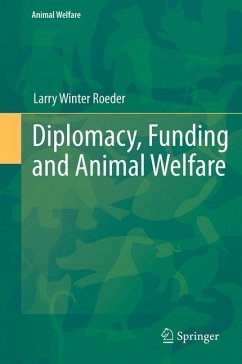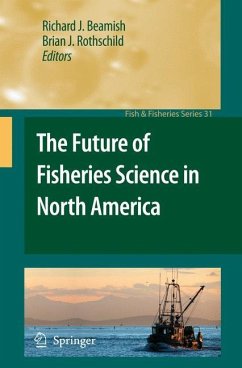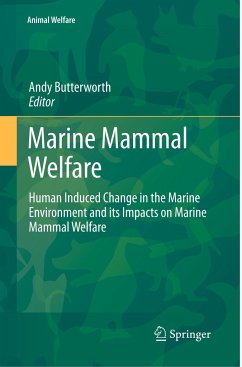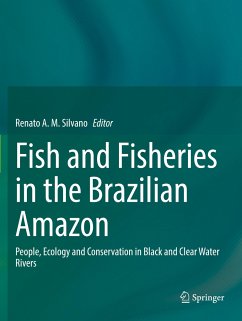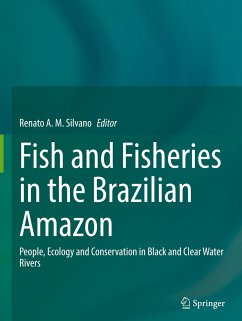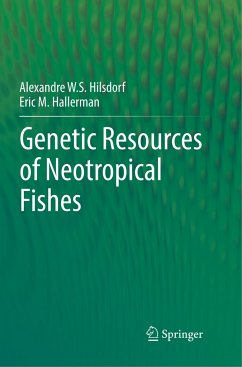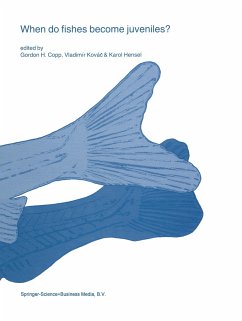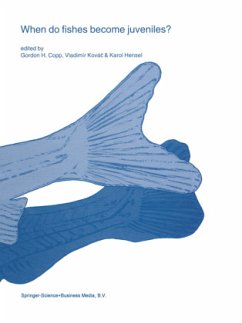
Aquaculture, Innovation and Social Transformation

PAYBACK Punkte
58 °P sammeln!
Keith Culver and David Castle Introduction Aquaculture is at the leading edge of a surprisingly polarized debate about the way we produce our food. According to the United Nations Food and Agriculture Organization, aquaculture production has increased 8. 8% per year since 1970, far surpassing productivity gains in terrestrial meat production at 2. 8% in the same period (FAO 2007). Like the 'green revolution' before it, the 'blue revolution' in aquaculture promises rapidly increased productivity through technology-driven - tensi?cation of aquaculture animal and plant production (Costa-Pierce 20...
Keith Culver and David Castle Introduction Aquaculture is at the leading edge of a surprisingly polarized debate about the way we produce our food. According to the United Nations Food and Agriculture Organization, aquaculture production has increased 8. 8% per year since 1970, far surpassing productivity gains in terrestrial meat production at 2. 8% in the same period (FAO 2007). Like the 'green revolution' before it, the 'blue revolution' in aquaculture promises rapidly increased productivity through technology-driven - tensi?cation of aquaculture animal and plant production (Costa-Pierce 2002; The Economist 2003). Proponents of further aquaculture development emphasize aq- culture's ancient origins and potential to contribute to global food security d- ing an unprecedented collapse in global ?sheries (World Fish Center; Meyers and Worm 2003; Worm et al. 2006). For them, technology-driven intensi?cation is an - dinary and unremarkable extension of past practice. Opponents counter with images of marine and freshwater environments devastated by intensive aquaculture pr- tices producing unsustainable and unhealthy food products. They view the promised revolutionasascam,nothingmorethanclever marketingbypro?t-hungry ?shfa- ers looking for ways to distract the public from the real harms done by aquaculture. The stark contrast between proponents and opponents of modern aquaculture recalls decades of disputes about intensive terrestrial plant and animal agriculture, disputes whose vigor shows that the debate is about much more than food production (Ruse and Castle 2002).





